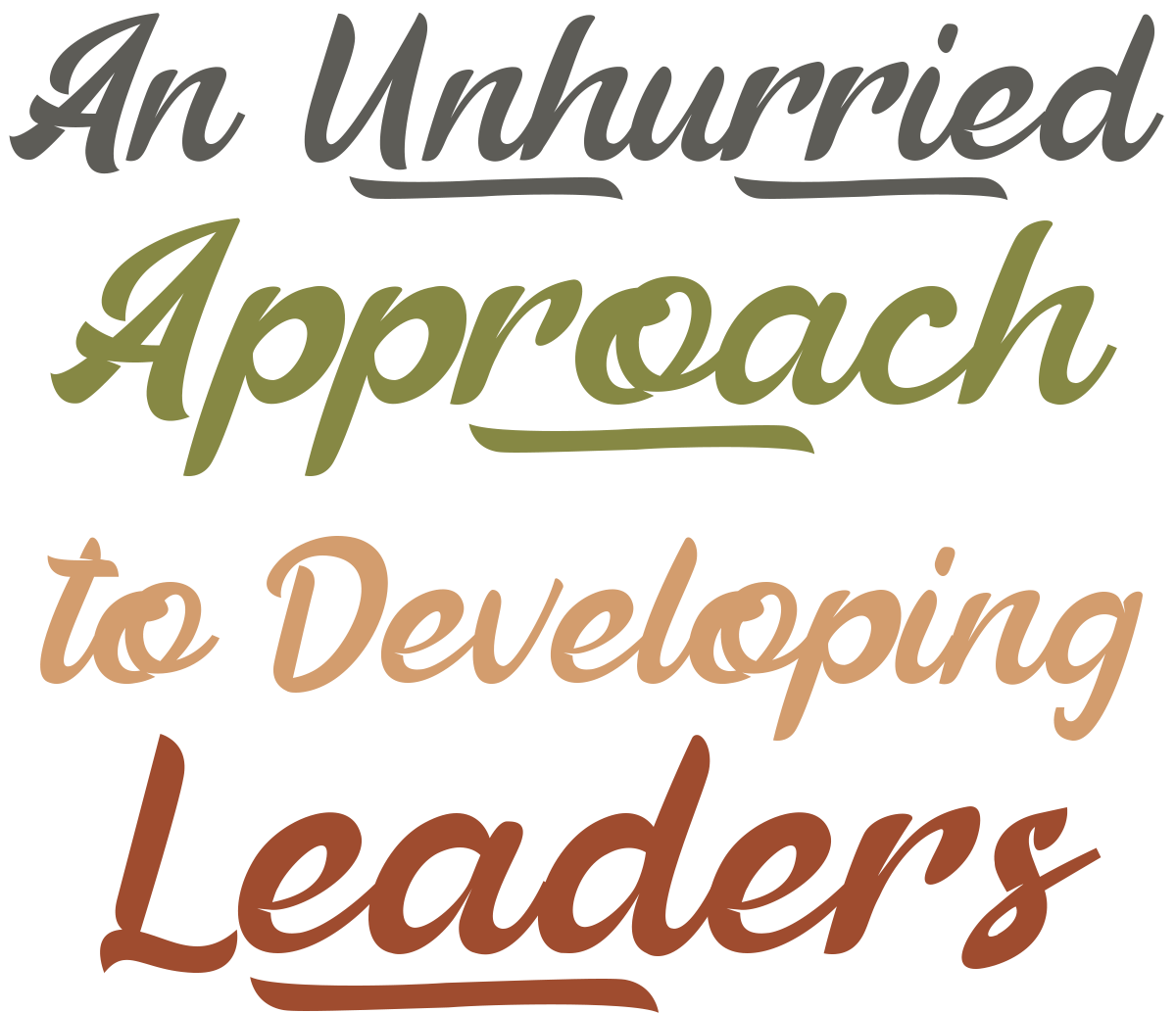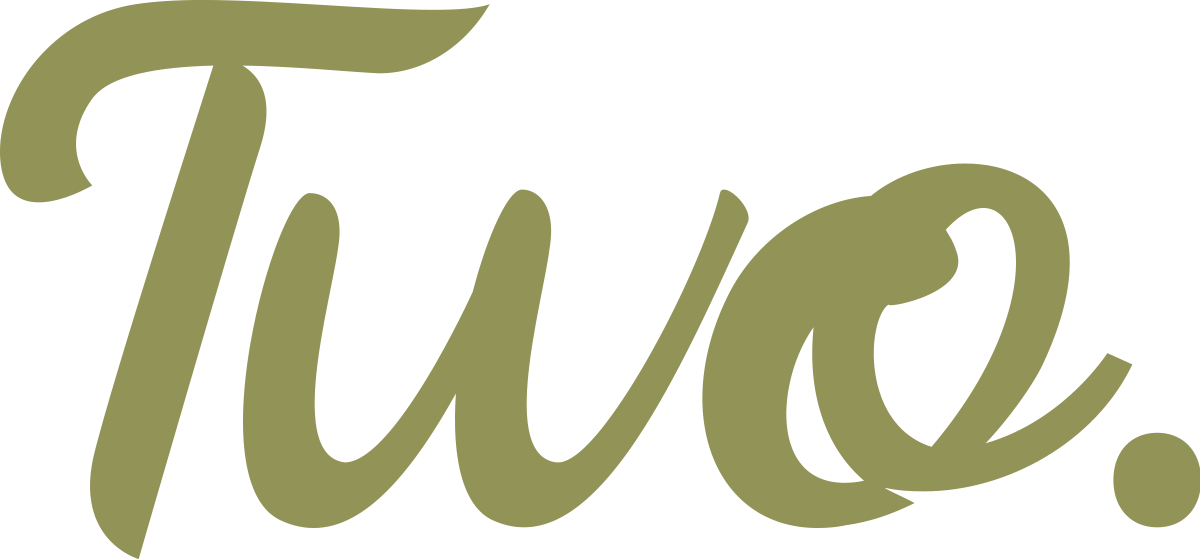Homeschooling

Strong, wise leaders have the potential to effect change in our communities, our country, and the world. When we look around, it’s painfully clear that there is a desperate need for this. As homeschooling parents, we have an unusual opportunity to encourage leadership skills in our kids. But how do we do that?
I ran across a quote recently that said, “Be stubborn about your goals, but flexible about your methods,” and the first thing that came to mind was homeschooling.
Homeschooling

Strong, wise leaders have the potential to effect change in our communities, our country, and the world. When we look around, it’s painfully clear that there is a desperate need for this. As homeschooling parents, we have an unusual opportunity to encourage leadership skills in our kids. But how do we do that?
I ran across a quote recently that said, “Be stubborn about your goals, but flexible about your methods,” and the first thing that came to mind was homeschooling.
I have eight kids, I’ve homeschooled all of them from the beginning and have graduated seven so far. The one thing that I can tell you is that my ideas about how and even what to learn often clashed with theirs. In fact, I would say that much of the time my plan didn’t work for them, especially when we were first starting out.
I would begin the school year with high hopes and confidence that all my ducks were in a row, have visions of how smoothly everything would flow because of my remarkable planning—only to have it crash and burn within a couple of weeks.
But I learned some things. I learned that by being willing to slow down and adjust our approach I was, in fact, teaching our kids far more than if everything had gone perfectly. Instead of starting the year with massive self-created expectations, I viewed the start of our school year as more of an experiment. That meant it was somewhat fluid. Moving forward in the core subjects was the goal, but there was flexibility in how we walked it out. One thing I found really helpful was to involve our kids more, so if something wasn’t working well, we took the time to figure it out together. In the process, several things happened:
 My kids learned to be problem solvers. While agreeing on the goal, we also acknowledged that, in the words of my sixth-grade teacher, “There’s more than one way to skin a cat!” Together we brainstormed about how to overcome obstacles, and often I was shocked at how innovative they were, which is something that can’t really be taught through curriculum or a crash course. It has to be learned by applying creative problem solving to real-life problems. So instead of seeing these situations as failures, we began to see them as opportunities. Failure isn’t a failure if you learn something from it. Sometimes that meant we used only the parts of the curriculum that were a good fit, other times it meant we ditched it altogether and figured something else out. Strong leaders are problem solvers.
My kids learned to be problem solvers. While agreeing on the goal, we also acknowledged that, in the words of my sixth-grade teacher, “There’s more than one way to skin a cat!” Together we brainstormed about how to overcome obstacles, and often I was shocked at how innovative they were, which is something that can’t really be taught through curriculum or a crash course. It has to be learned by applying creative problem solving to real-life problems. So instead of seeing these situations as failures, we began to see them as opportunities. Failure isn’t a failure if you learn something from it. Sometimes that meant we used only the parts of the curriculum that were a good fit, other times it meant we ditched it altogether and figured something else out. Strong leaders are problem solvers.
 Each of my kids learned how they learn best. Every time we overcame an obstacle and recognized the learning path that was best for them, they became more aware of how they learn, which made them less afraid to learn new things. This built confidence and most of all gave them a skill set that encouraged lifelong learning. Strong leaders never stop learning.
Each of my kids learned how they learn best. Every time we overcame an obstacle and recognized the learning path that was best for them, they became more aware of how they learn, which made them less afraid to learn new things. This built confidence and most of all gave them a skill set that encouraged lifelong learning. Strong leaders never stop learning.
 My kids were encouraged to own their lives and specifically their education. As we worked together to personalize their journey, it helped them understand that they had valuable strengths while also showing them that others had strengths they didn’t. They began to understand that no one is good at everything, but much can be accomplished when several skill sets are applied. Strong leaders are responsible and humble, and they value teamwork.
My kids were encouraged to own their lives and specifically their education. As we worked together to personalize their journey, it helped them understand that they had valuable strengths while also showing them that others had strengths they didn’t. They began to understand that no one is good at everything, but much can be accomplished when several skill sets are applied. Strong leaders are responsible and humble, and they value teamwork.
 My kids grew in confidence. Every time I slowed down and invited my kids to help problem solve, I sent them a clear message that they had something valuable to offer. Obviously we didn’t always do what they suggested, but it was a valuable, productive conversation because typically we learned something we didn’t know before. They also became increasingly convinced that there was an important place in this world for them and that they could actually make a difference. Strong leaders identify and focus on strengths.
My kids grew in confidence. Every time I slowed down and invited my kids to help problem solve, I sent them a clear message that they had something valuable to offer. Obviously we didn’t always do what they suggested, but it was a valuable, productive conversation because typically we learned something we didn’t know before. They also became increasingly convinced that there was an important place in this world for them and that they could actually make a difference. Strong leaders identify and focus on strengths.
Being stubborn about our goals gave us a tangible vision and something to work toward that was clear. Being flexible about our methods gave us opportunities to become comfortable with doing things outside the box, in other words, becoming innovative.
Innovation is defined as a new way of doing things or a new way of thinking. Homeschooling certainly fits this definition, but for more reasons than simply being educated outside the traditional classroom setting.
I have become more convinced than ever that the homeschooling lifestyle is the best educational choice for preparing the next generation to navigate the uncharted territory that most certainly is the future. With technology moving at warp speed, countries and cultures are changing quickly. This affects areas of industry, trade, societal norms, family life, and so much more.
I firmly believe that providing our kids with a strong, stable family life is key. So much of what is foundational to becoming leaders in adulthood can be naturally learned through nurturing sibling relationships (conflicts included), chores, schoolwork, hobbies, family projects, experiences, and more. When kids have a stable home life they feel safe and free to experiment with thinking outside the box, creatively approaching real-life problems, and becoming familiar and comfortable with their strengths and weaknesses so they can work effectively for the good.
There is that kind of freedom in homeschooling!
But all of this requires us to slow down. One of the things I am constantly being reminded of and encouraging parents to do is not to overload their kids’ schedules or their own.
How can we take the time to be intentional when there is no margin in our days?
As opportunities arise each day to instill values and leadership into our kids, we need to be able to take the time to navigate it well. This requires creativity and determination, which are hard to come by when we are overscheduled.
I mentioned earlier that an excellent leader is one that identifies strengths and focuses on them. Homeschooling gives us countless opportunities to do just that, and in the process, we teach our kids to do the same.
In order to grow strong leaders, we as parents need to lead our families well. By setting the example, we model for them what excellent leadership looks like and we equip them to effectively

urenda is a homeschooling mom of eight (born 1991 through 2004), five of whom have graduated. She has been married for twenty-eight years to Darryl, and they have four grandkids. Durenda has written The Unhurried Homeschooler (a simple, mercifully short book on homeschooling) and Unhurried Grace for a Mom’s Heart. She is the owner/writer/host of her blog and podcast, Durenda Wilson. She also enjoys speaking at events where she can encourage homeschool moms to think outside the box and homeschool in a way that is a great fit for their families.